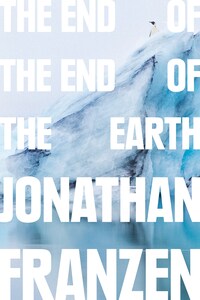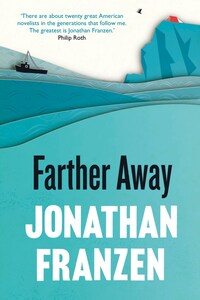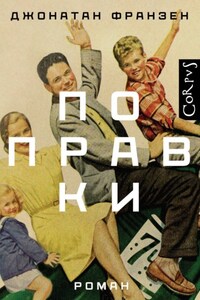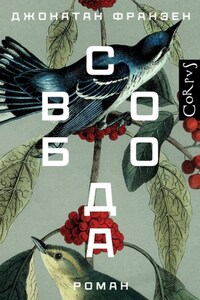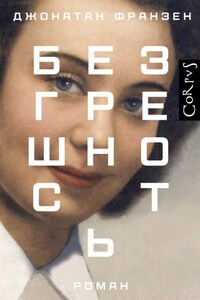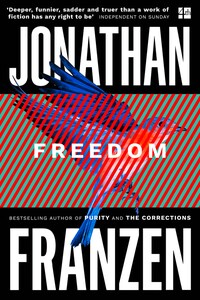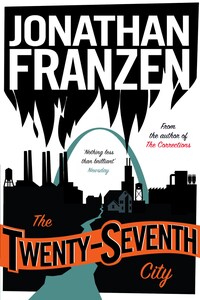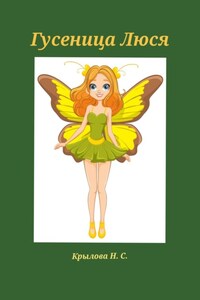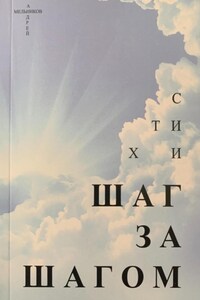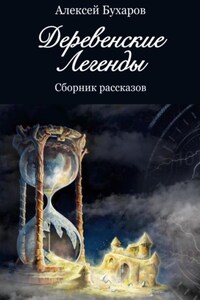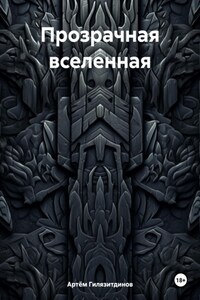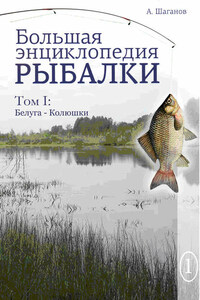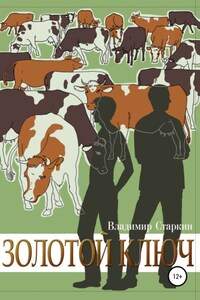4th Estate
An imprint of HarperCollinsPublishers
1 London Bridge Street
London SE1 9GF
www.4thEstate.co.uk
This eBook first published in Great Britain by 4th Estate in 2018
Copyright © 2018 by Jonathan Franzen
Cover photographs © Getty Images
For their help with these essays, the author thanks Will Akers,
Ernesto Barbieri, Henry Finder, Adrian Forsyth, Susan Golomb,
Pilar Guzmán, Casey Lott, Etleva Pushi, Jamie Shreeve, and Nell Zink.
Jonathan Franzen asserts the moral right to be identified as the author of this work
A catalogue record for this book is available from the British Library
All rights reserved under International and Pan-American Copyright Conventions. By payment of the required fees, you have been granted the non-exclusive, non-transferable right to access and read the text of this e-book on-screen. No part of this text may be reproduced, transmitted, down-loaded, decompiled, reverse engineered, or stored in or introduced into any information storage and retrieval system, in any form or by any means, whether electronic or mechanical, now known or hereinafter invented, without the express written permission of HarperCollins
Source ISBN: 9780008299224
Ebook Edition © November 2018 ISBN: 9780008299248
Version: 2018-10-03
To Kathy, again,
and in memory of Martin Schneider-Jacoby
and Mindy Baha El Din
If an essay is something essayed—something hazarded, not definitive, not authoritative; something ventured on the basis of the author’s personal experience and subjectivity—we might seem to be living in an essayistic golden age. Which party you went to on Friday night, how you were treated by a flight attendant, what your take on the political outrage of the day is: the presumption of social media is that even the tiniest subjective micronarrative is worthy not only of private notation, as in a diary, but of sharing with other people. The U.S. president now operates on this presumption. Traditionally hard-news reporting, in places like The New York Times, has softened up to allow the I, with its voice and opinions and impressions, to take the front-page spotlight, and book reviewers feel less and less constrained to discuss books with any kind of objectivity. It didn’t use to matter if Raskolnikov and Lily Bart were likable, but the question of “likability,” with its implicit privileging of the reviewer’s personal feelings, is now a key element of critical judgment. And literary fiction itself is looking more and more like essay. Some of the most influential novels of recent years, by Rachel Cusk and Karl Ove Knausgaard, take the method of self-conscious first-person testimony to a new level. Their more extreme admirers will tell you that imagination and invention are outmoded contrivances; that to inhabit the subjectivity of a character unlike the author is an act of appropriation, even colonialism; that the only authentic and politically defensible mode of narrative is autobiography.
Meanwhile the personal essay itself—the formal apparatus of honest self-examination and sustained engagement with ideas, as developed by Montaigne and advanced by Emerson and Woolf and Baldwin—is in eclipse. Most large-circulation American magazines have all but ceased to publish pure essays. The form persists mainly in smaller publications that collectively have fewer readers than Margaret Atwood has Twitter followers. Should we be mourning the essay’s extinction? Or should we be celebrating its conquest of the larger culture?

A personal and subjective micronarrative: The few lessons I’ve learned about writing essays all came from my editor at The New Yorker, Henry Finder. I first went to Henry, in 1994, as a would-be journalist in pressing need of money. Largely through dumb luck, I produced a publishable article about the U.S. Postal Service, and then, through native incompetence, I wrote an unpublishable piece about the Sierra Club. This was the point at which Henry suggested that I might have some aptitude as an essayist. I heard him to be saying, “since you’re obviously a crap journalist,” and denied that I had any such aptitude. I’d been raised with a Midwestern horror of yakking too much about myself, and I had an additional prejudice, derived from certain wrongheaded ideas about novel-writing, against the stating of things that could more rewardingly be depicted. But I still needed money, so I kept calling Henry for book-review assignments. On one of these calls, he asked me if I had any interest in the tobacco industry—the subject of a major new history by Richard Kluger. I quickly said: “Cigarettes are the last thing in the world I want to think about.” To this, Henry even more quickly replied: “
